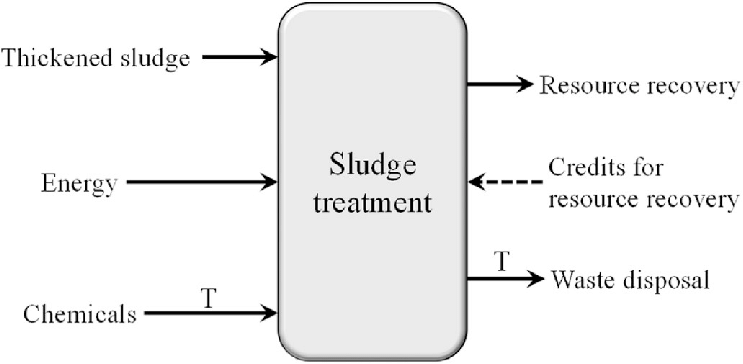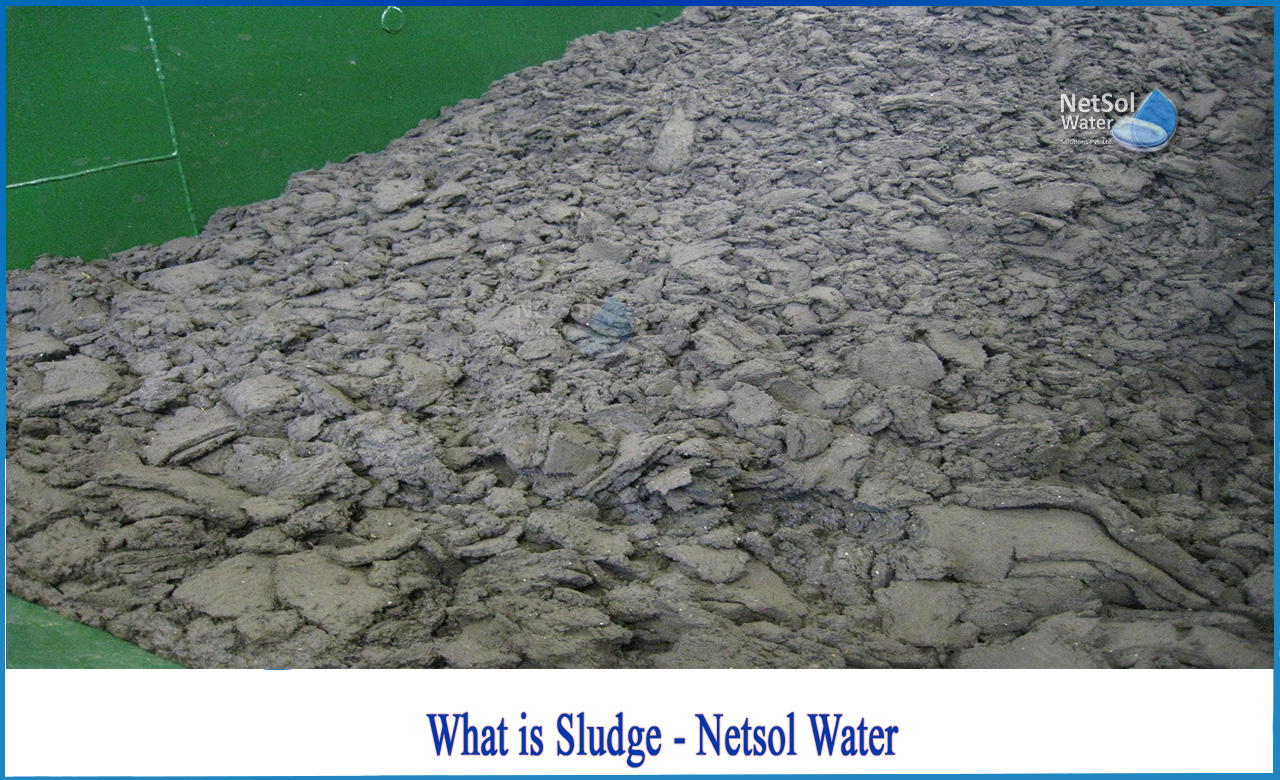What is sludge?
Sludge could be a semi-solid slurry and can be produced as sewage sludge from wastewater remedy tactics or as a settled suspension received from conventional drinking water therapy and numerous other industrial processes. The term is additionally now and then utilized as a bland term for solids isolated from suspension in a liquid.
Industrial wastewater solids are additionally referred to as sludge, whether or not generated from organic or physical-chemical processes. Surface water flora additionally generate sludge made up of solids eliminated from raw water.
Characteristics of sludge:
Sludge attributes rely upon both the first feedwater quality and the kind of the unit activity from which the muck is released. For ordinary civil wastewater treatment, the two fundamental sludge streams are:
1. From the essential sedimentation arrange, creating essential sludge, and
2. The auxiliary organic treatment, creating waste enacted sludge, in case the organic treatment is based on the activated sludge process.
Regardless of its roots, sludge contains water, broken up natural and inorganic materials and suspended solids. The suspended solids ordinarily make up 2−5% of the sludge for civil wastewater sludge.
Content of sludge:
Sludge’s of diverse qualities are created from diverse organic unit operations. A key sludge quality parameter is:
1. Its dry solids substance, which is 100% short the rate water substance. The dry solid reflects the degree to which the sludge is solidified. Within the nonappearance of any organic degradation of the solids, the sludge volume diminishes with diminishing water and correspondingly expanding dry solid content.
2. The second key sludge quality parameter, with reference to its handling, is the degradable natural matter substance, more often than not expressed as the chemical oxygen request.
Treatment methods of sludge:

Treatment of sludge may include a combination of thickening, assimilation, and dewatering processes:
1. Thickening-
Thickening is ordinarily the primary step in sludge treatment since it is illogical to handle lean sludge, a slurry of solids suspended in water. Thickening is ordinarily fulfilled in a tank called a gravity thickener. A thickener can diminish the entire volume of sludge to less than half the initial volume.
2. Digestion-
Sludge absorption is an organic process in which natural solids deteriorate into steady substances. Absorption decreases the whole mass of solids, crushes pathogens, and makes it less demanding to dewater or dry the sludge.
3. Dewatering-
Digested sewage sludge is ordinarily dewatered before transfer. Dewatered sludge still contains a critical sum of water—often as much as 70 percent—but, indeed with that moisture substance, sludge not behaves as a fluid and can be taken care of as a strong fabric. Sludge-drying beds give the only strategy of dewatering.
4. Disposal-
The ultimate goal of treated sewage sludge ordinarily is the land. Dewatered sludge can be buried underground in a clean landfill. It too may be spread on agricultural land in order to utilize its esteem as a soil conditioner and fertilizer. Since sludge may contain harmful mechanical chemicals, it isn't spread on land where crops are developed for human utilization.
For more information, contact Netsol Water.
Netsol Water is Greater Noida-based leading water & wastewater treatment plant manufacturer. We are industry's most demanding company based on client review and work quality. We are known as best commercial RO plant manufacturers, industrial RO plant manufacturer, sewage treatment plant manufacturer, Water Softener Plant Manufacturers and effluent treatment plant manufacturers. Apart from this 24x7 customer support is our USP. Call on +91-9650608473, or write us at enquiry@netsolwater.com for any support, inquiry or product-purchase related query.



